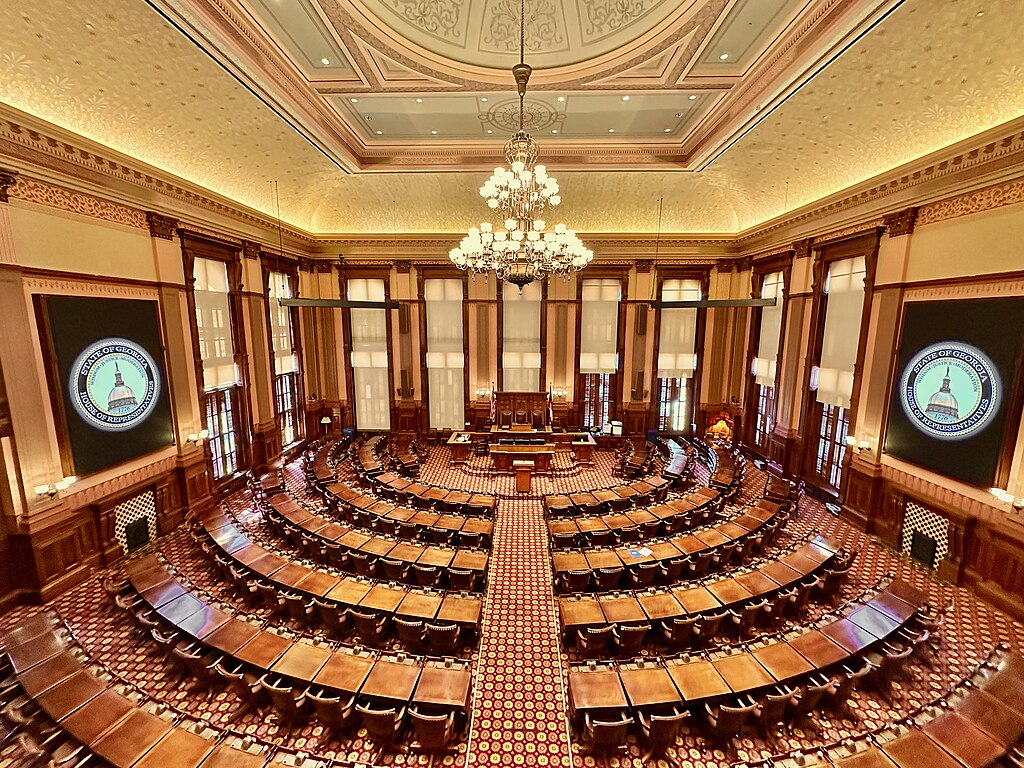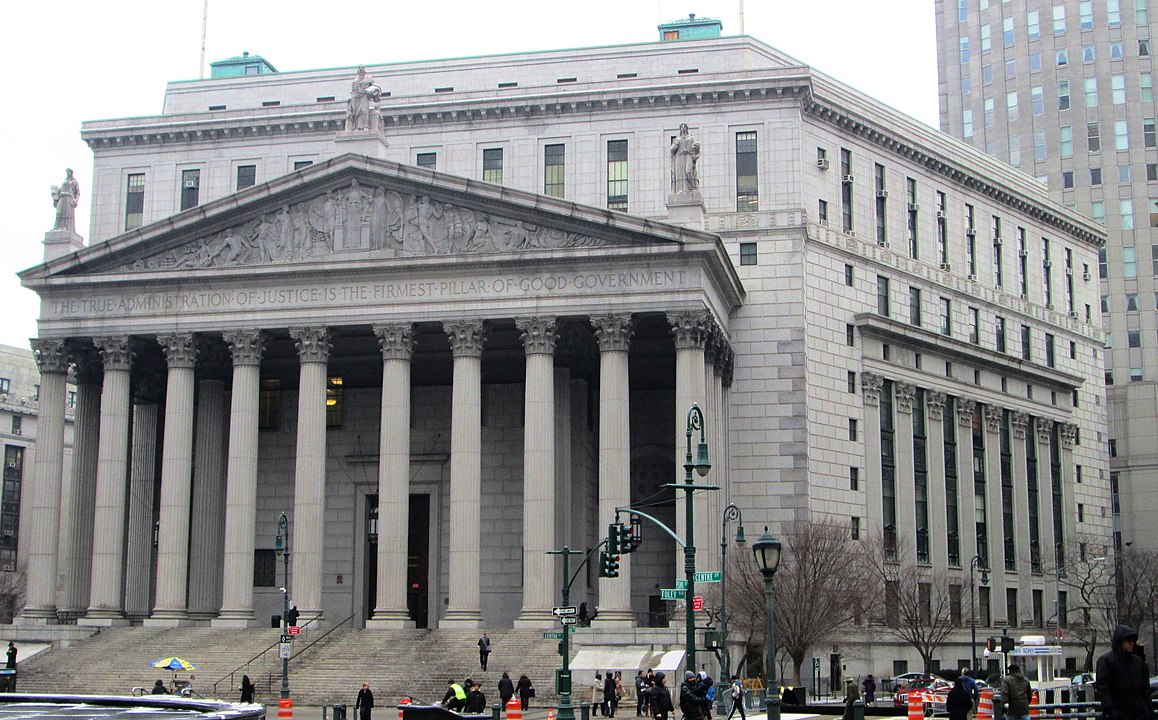The UK government has unveiled plans to expand the use of distributed ledger technology (DLT) in its wholesale financial markets, aiming to identify practical blockchain use cases and implement tokenization solutions. According to a policy paper released Tuesday by the Treasury, cross-market groups will be formed to pursue live projects that digitize financial processes.
As part of its broader ambition to become a global crypto hub, the UK is developing a regulatory framework tailored to digital assets. Draft legislation covering stablecoin issuers and exchanges was introduced in April, marking a significant step toward establishing legal clarity for crypto-related innovations.
The government expressed openness to both enhancements to existing payment systems—such as tokenized bank deposits—and newer instruments like stablecoins. It also plans to enable testing of tokenized financial assets and the digitization of post-trade activities within a regulatory sandbox environment.
Real-world asset (RWA) tokenization is a key focus. According to a joint H1 2025 report by RedStone, Gauntlet, and RWA.xyz, the RWA tokenization market has surged 380% over the past three years, reaching a valuation of $24 billion as of this month.
UK regulators also intend to test stablecoins and other innovative payment methods within a new digital securities sandbox, signaling growing institutional interest in blockchain-powered finance. The initiative aligns with global trends toward modernizing financial infrastructure through DLT, boosting efficiency and transparency across capital markets.
By laying the groundwork for tokenization and regulated stablecoin use, the UK is positioning itself as a leader in digital finance, inviting innovation while establishing robust oversight.

























Comment 0